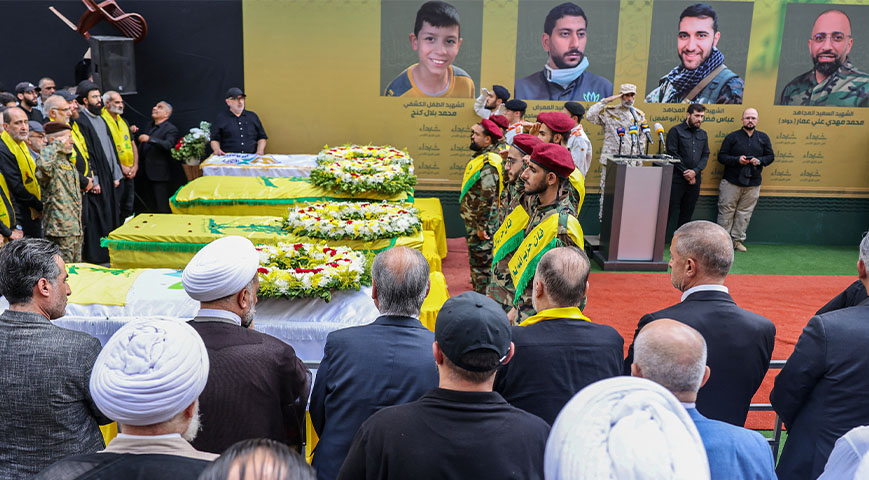At least nine people were killed, and hundreds were injured in Lebanon following a series of explosions involving electronic devices, including two-way radios used by Hezbollah members.
These incidents occurred on Wednesday, a day after a separate wave of pager explosions killed at least 12 people and wounded around 2,800. Hezbollah and the Lebanese government blamed Israel for the blasts, though Israel has not commented on the matter.

Hezbollah, which has expressed ongoing support for Hamas militants in Gaza, warned Israel of severe retaliation, escalating tensions in the region.
Did you read this?
Meanwhile, U.S. Secretary of State Antony Blinken, during a press conference in Cairo with Egyptian Foreign Minister Badr Abdelatty, denied U.S. involvement in the explosions and stressed the importance of avoiding further conflict escalation. Abdelatty also condemned the incident, emphasizing respect for Lebanon’s sovereignty.
Security experts suspect that explosives were added to the pagers before reaching Hezbollah, which had switched to these devices due to fears of Israeli surveillance.
Hsu Ching-Kuang, founder of Taiwan-based Gold Apollo, stated that while the exploded pagers bore his company's markings, they were manufactured by BAC, a Budapest-based firm.
The blasts, which injured several, including Iran’s ambassador to Lebanon, have heightened fears of a broader regional conflict. Iranian state media reported the ambassador's injuries, while international voices, including EU foreign policy chief Josep Borrell and Kremlin spokesperson Dmitry Peskov, expressed concern over escalating tensions.
Borrell criticized the indiscriminate nature of the attacks, which harmed civilians, including children, while Peskov noted the increasing risk of a more significant conflict in the region.









